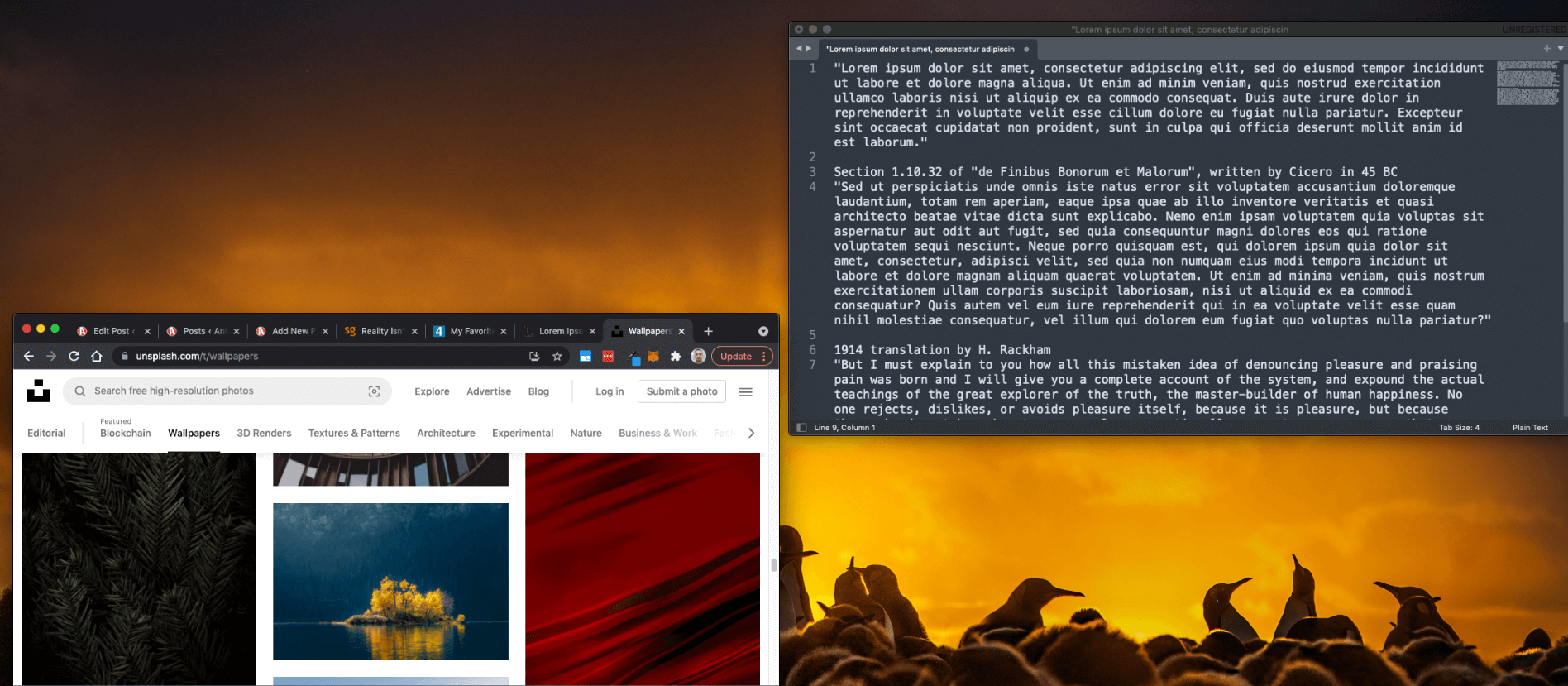Writing is the best way to develop new ideas. It exercises our ability to explain what we mean, what we want, and why. Clear writing is clear thinking.
Putting words down is good for our mind, and is calisthenics for the brain. Forcing ourselves to build coherent, connecting streams of thought flexes mental muscles that we usually ignore. Expression and mutation are two sides of the same coin.
It’s easy to state your opinions at a high level. But once you dig into it, you might realize you haven’t thought it through. At least, not recently. Writing adds flesh to otherwise gaunt stances. It turns shape-shifting clouds into crystals with obvious foundations.
Make it a habit. Turn it into a daily practice. Here are ten tips to develop a writing routine:
- Spend time writing fiction. Short stories, character profiles, fantasy, and fan-fiction each count. Glue yourself to the keyboard, until you can say “That’s my story, and I’m sticking to it.”
- Journal daily. Type out the things for which you have gratitude. Document your feelings. Spell out your hopes. Cast a silent incantation. Craft an ancient curse. The universe is listening. I wrote a blog post about journaling, you can read it here.
- Don’t be a perfectionist. Put sentences down, even if you don’t like them. Keep them around, even if you hate them. But please remember, that doesn’t apply to people in your life.
- Everything is a work-in-progress. Revisit your posts, essays and articles. Add that literary polish and be a wordsmith. This will help keep you from trying to be perfect.
- Start a blog. Build in public. Let the world see how you think. Most people aren’t paying attention anyway. And if you can’t come up with something new, update existing pieces.
- Editing counts. Delete unnecessary sentences. Remove unneeded words. Clarify things, find synonyms, and avoid using the word “really”.
- When I edit, I never actually throw anything away. I borrow the “soft delete” methodology from software engineering. I flag writing as unusable, without actually getting rid of it. That way I can revisit it, use it for subsequent ideas, and remember where my mind was.
- Hoard notes. Keep a physical notebook. Use a note-taking app. Bookmark stuff. Markup books while you’re reading them. Keep a stack of index cards near by for when inspiration strikes
- Write more than you promised yourself you would, but only if you feel like it.
